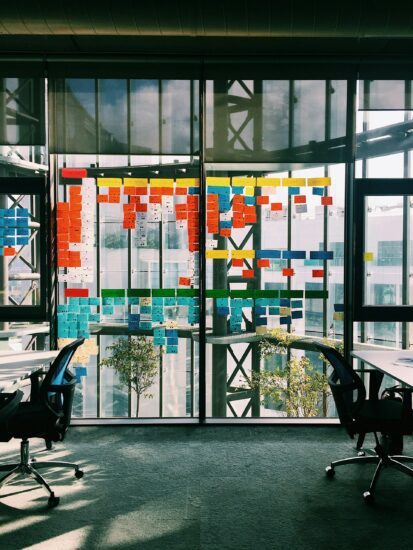
Master the 5S method
You want to apply the key concepts of the 5S methodology in your environment and know how to make it sustainable.
Accueil » Trainings » Ecological Transition training » Defining a circular economy approach to kick-start the ecological transition

Raise awareness and support companies (directors and managers) internally, to define a circular economy approach and formalize a company action plan to kick-start the ecological transition.
At the end of this training course, participants will have understood the integrated dimension of the challenges of Ecological Transition and will have initiated an Ecological Transition project through an action plan specific to each company.
Executives, managers, key members of the company involved in the ecological transition project
None
14 hours (2 days)
On-site at the company’s premises or at the training organization’s premises
Intra- and inter-company
Inter / Presential : 773€ NET tax / participant
Inter / Distanciel : 375€ NET tax / participant
Intra / Presential : 3700€ NET tax / group
Intra / Distanciel : 3000€ NET tax / group
Pedagogical tools used :
Teaching method: learning-based pedagogy with alternating interactive activities using the group’s collective intelligence and content input by the trainer.
Technical resources:
Minimum 6 people for inter
Maximum 14 people
Specialist in Ecological Transition, experienced animator of the Fresque de l’Economie Circulaire, trained in the facilitation and management of collective intelligence, specialist in supporting the transformation of companies and the industrial sector.
Pre-course needs questionnaire and learning assessment quiz to better understand the audience’s level and expectations.
Follow-up and support for participants during case studies, exercises, role-playing and in-session tests.
Assessment of knowledge through a Quiz at the end of the course.
Post-training satisfaction and evaluation questionnaire.
Certificate of completion

You want to apply the key concepts of the 5S methodology in your environment and know how to make it sustainable.

You want to apply the principles of Lean Management to identify waste and develop the flow of added value to best meet customer expectations.

You want to understand and exploit the panorama of existing sustainable development and CSR standards, commitments and labels.